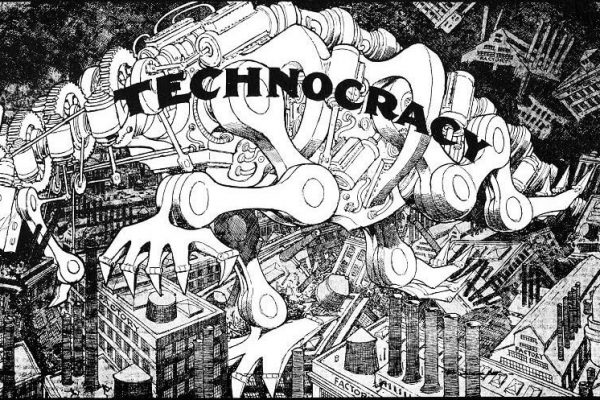The spectacular collapse of cryptocurrency exchange FTX earlier this month has dramatized the folly of unregulated markets. It has also prompted a predictably myopic form of social criticism. Many are scrutinizing FTX CEO Sam Bankman-Fried’s business operations and close ties to Oxford philosopher William MacAskill and the Effective Altruism (EA) movement. But on social media and now in mainstream news outlets, some are also targeting Bankman-Fried’s mother, legal scholar Barbara Fried, for her 2013 Boston Review forum essay, “Beyond Blame”—suggesting that her critique of the punitive ideology of “personal responsibility” and its role in mass incarceration is the real culprit here. If only Bankman-Fried had been raised on a steady diet of retributivism, the subtext goes, he wouldn’t have behaved so recklessly. (In a recent episode of his HBO show, Bill Maher goes so far as to make this subtext explicit.)
In this commentary, blame for the mother tellingly crowds out any analysis of the freewheeling world of tech, finance, and venture capital in which FTX got off the ground. In reality, these critics help to prove Fried’s point: if we insist on tracing wrongdoing back to a decisive individual choice, we miss the full range of social norms and economic forces that condition behavior and structure outcomes. Whether that means we must give up entirely on talk of blame is up for debate; moral philosophers Christine Korsgaard and T. M. Scanlon are among the forum respondents who scrutinize Fried’s argument. But whatever else contributed to the FTX meltdown, it is essential to recognize the role played by a society—backed by a legal regime of economic incentives—that valorizes wealth, spurns regulation, and worships technical “smarts” over democratic accountability. The trouble is distributed throughout a culture—dominated by wealthy men—that is “inherently elitist, genius-obsessed, and dismissive of larger society,” as Cathy O’Neil puts it in a searing essay on tech futurism.
“Ultimately,” O’Neil concludes, “this is all about power and influence.” If we took Fried’s arguments seriously, we might actually do something about that—by reining in the power of the rich, say, and shoring up the welfare of the rest. The relentless libertarian demand to parse personal responsibility, Fried’s essay makes clear, keeps distracting us from changing the organization of society—except perhaps to build more prisons. In its zeal to identify bad apples so it can leave everything else the same, this outlook is the anti-reformist and anti-regulatory philosophy par excellence.
This reading list resists that tunnel vision by offering a fuller picture of the social and intellectual context surrounding the FTX affair. In a forum led by EA pioneer Peter Singer, respondents examine the arguments for—and consequences of—the EA movement; Catherine Tumber, for one, objects to the way its utilitarian vision “leaves the state’s historical role in advancing or reducing poverty out of the equation.” (Other respondents include Larissa MacFarquhar and Angus Deaton.) All these pieces have something to say about what’s often left out the equation.
Democratic theory points to two problems: unjust concentrations of power and a flawed theory of knowledge.
In his new book, philosopher William MacAskill implies that humanity’s long-term survival matters more than preventing short-term suffering and death. His arguments are shaky.
If we are to emerge from this era of crisis, we need legal thinking that operates on fundamentally different presumptions.
Many visions of the future proliferate in Silicon Valley. Which one is worth fighting for?
The recurring—and often conflicting—narratives of technology and progress.
Forum
A minimally acceptable ethical life involves using a substantial part of one’s spare resources to make the world a better place.










